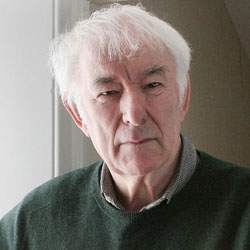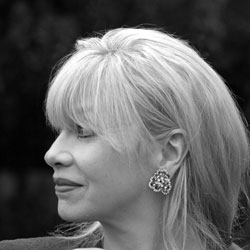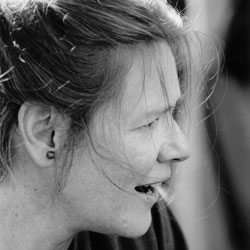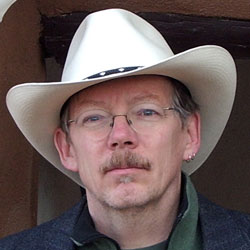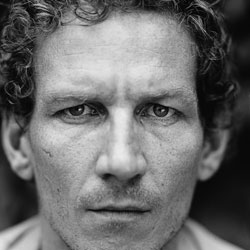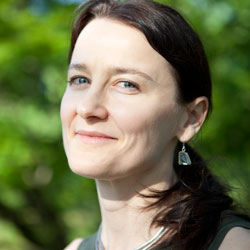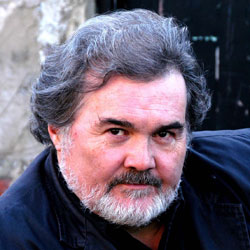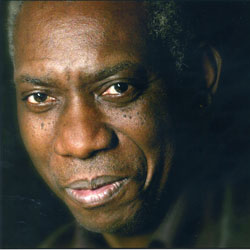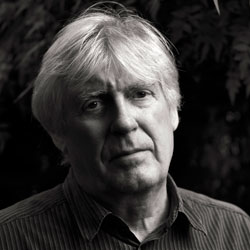My pencil, Venus Velvet No. 2,
The vein of graphite ore preoccupied
In microcrystalline eternity.
In graphite’s interlinking lattices,
Symmetrically unfolding through a grid
Of pre-existent crystal hexagons.
Mirror-image planes and parallels.
Axial, infinitesimal bonds.
Self-generated. Self-geometrized.
A sound trapped in the graphite magnitudes.
Atoms, electronics, nuclei, far off.
A break, without apparent consequence.
Near-far, far-near, those microfirmaments.
Far in, the muffled noise of our goodbyes.
The surgeon, seeking only my surrender,
Has summoned me: an evening conference.
We sit together in the Quiet Room.
He cannot ask for what I’m meant to give.
No questions anymore. Just say he’ll live.
A world of light leaks through the double doors,
Fluorescent mazes, frigid corridors,
Polished linoleum, arena sand
Where hope is put to death and life is lost
And elevator doors slide open, closed,
The towers of the teaching hospital.
The field where death his conquering banner shook.
My writing tablet, opened on the table.
I touch it with my hand. The paper thins.
The paper’s interwoven filaments
Are bluish gray and beige. No questions now.
What is the chiefest deed that’s asked of us.
No questions anymore. No questions now.
I turned my back on heaven for good, but saw
A banner shaken out from heaven’s walls
With apparitions from Vesalius:
A woodcut surgeon opening a book
Of workshop woodcuts, skilled, anonymous,
The chisel blade of the engraver felt
Reverberating through the wooden blocks
Among eroded words, ornately carved:
Annihilation, subtly engraved:
All those whom lamentation cannot save
Grown fainter through successive folios.
A seraphy turns a page above: he’ll live;
Then turns a page again: he can’t survive.
I turn the page myself, and write: he’ll live.
Smell of my sweat embedded in my clothes.
The surgeon says: we’ve talked with him; he knows.
A seraph leaning near, Oh say not so.
Not so. Not so. My wonder-wounded hearer,
Facing extinction in a mental mirror.
A brilliant ceiling, someone’s hand on his.
All labor, effort, sacrifice, recede.
And then: I’m sorry. Such a man he is.
